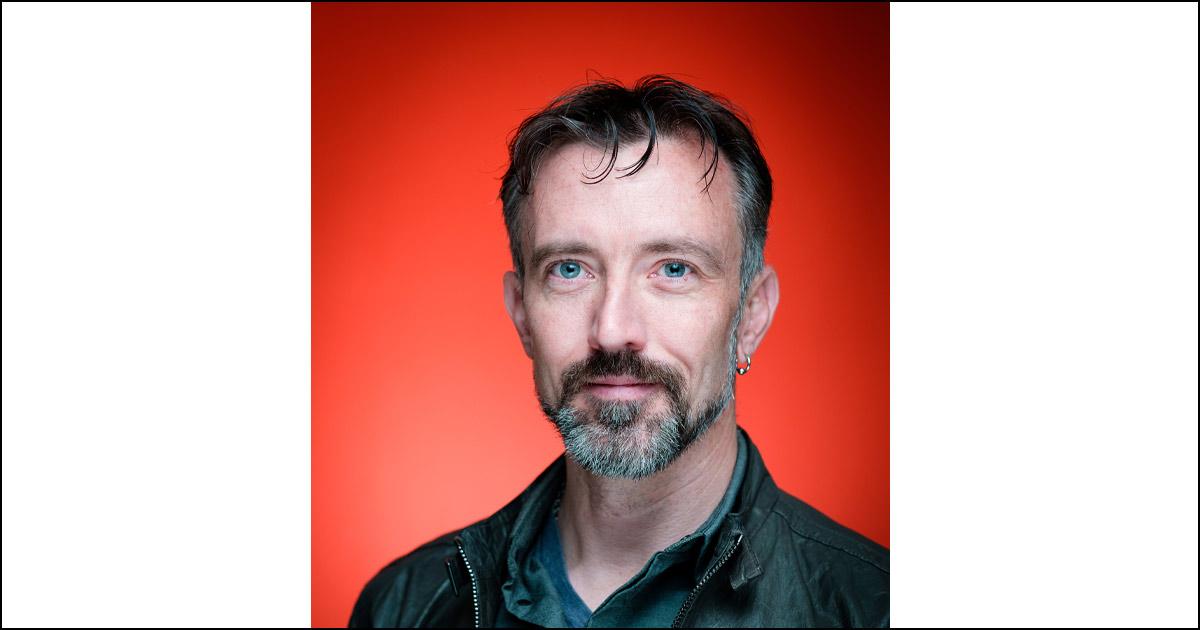Consultant and Author Chris Matthews Joins Startup Savant

Last Updated: By TRUiC Team
Career trajectories can take unexpected turns. For Chris Matthews, his journey began with marketing bicycles, and he now runs a consultancy that advises startups who want to remain under the radar. He’s also the author of a brand new marketing book, “Start Telling People.” This is his story.
From Bikes to Robotics
After graduate school, Chris took a job at Specialized Bicycles, where he led international marketing for about 10 years. He joined that company during a phase of massive growth “from about 200 million a year to about a billion over the course of [those] 10 years,” he says. “And while it wasn't a startup exactly, I learned a lot of pretty essential startup techniques and fundamentals that ended up helping me later because the company was continually reinventing itself.”
He spent a decade at Specialized and then was invited by a friend to join an early-stage startup in the health technology space. That led him to Pebble, a company that sells wearable tech, where he served as the brand’s director. Fitbit eventually bought Pebble, and he left to join the robotics/artificial intelligence company Mayfield Robotics.
At one point, he moved to Europe for his wife’s job, where he was hired an advisor to an incubator at a local university. That gave him the opportunity to work with student startups all over the continent.
Two years later, he and his wife moved back to California, where he ended up at another robotic startup – this time in the agriculture technology space – with a lot of the same people from Mayfield.
Very Small Robots
Today, Chris runs a consultancy called Very Small Robots, where he assists what he calls “stealth-mode startups.” A stealth-mode startup consists of “a handful of very talented people working on a very hard new idea, and they're trying to validate that idea before they go to market with it and make sure that it is viable [and] doesn't violate laws of physics, and that they can actually commercialize it,” he says.
“In some cases, that involves proprietary IP and trade secrets that, to get patents or to be protectable, have to be at a certain level. It can't just be a napkin sketch sometimes. So these companies quite correctly choose to stay under the radar to avoid competitive threats, to avoid larger companies jumping on that draft and quashing them early.”
One of the things that excites Chris about stealth-mode startups is that they often build things that no one has built before. “It takes a fair bit to get your intended audience to understand this thing you've been working on for quite a while. That then introduces the next problem, which is, if we've been a secret, how do we stop being a secret? And that's where a lot of the work I've done over the past 10 years particularly has really anchored around.”
Becoming an Author
As it happens, Chris has written a book along these lines called “Just Start Telling People.” The book is about the transition that every startup must go through to become a viable business: from working on a new product or service in secret to finally announcing it to the world.
“Just Start Telling People” focuses on revealing the marketing strategies, tactics, and opportunities unique to stealth and early-stage startups as they emerge, grow, and seek to change the world,” he says.
“The book is a collaboration between engineering and marketing, and why that is such a powerful force when put together. That partnership of getting it right and getting it compelling is a really important step in the growth of any company, especially [at the] early stage. If you haven't explained to your audience where you fit in their world, they're not gonna know. And it makes it very hard to go to market with that.”
‘Assume Benevolent Intent’
Chris advises early-stage entrepreneurs to “assume benevolent intent” – that is, assume everyone on your team is working hard to solve whatever issue the company is facing, even if they approach it differently.
“Engineers and marketers may speak different languages in some cases, but you're fundamentally working on the same problem,” he says. So when things get off-axis, it's not usually because someone's trying to be, you know, a problem. It's that their … output doesn't quite match your expectation.”
Even if that’s the case, if you believe the person has the company’s best interests at heart, “You can start a conversation from a much better place,” he says. “That single thing has been very helpful to me in a lot of situations.”
Chris adds that “a fast experiment is better than a long discussion. “If you can test something really quickly, that is vastly better than many, many meetings about the topic.”
In addition, he says that even though data is often scarce or non-existent when you’re running a startup, don’t assume it’s impossible to find. “You can run a quick experiment in many, many ways to at least get a little shred of data that makes you slightly more confident in that decision. And the ability to run those experiments quickly can be quick multipliers on how you're able to get your whole team mobilized in the right direction. That's true for marketing, that's true for engineering.”





